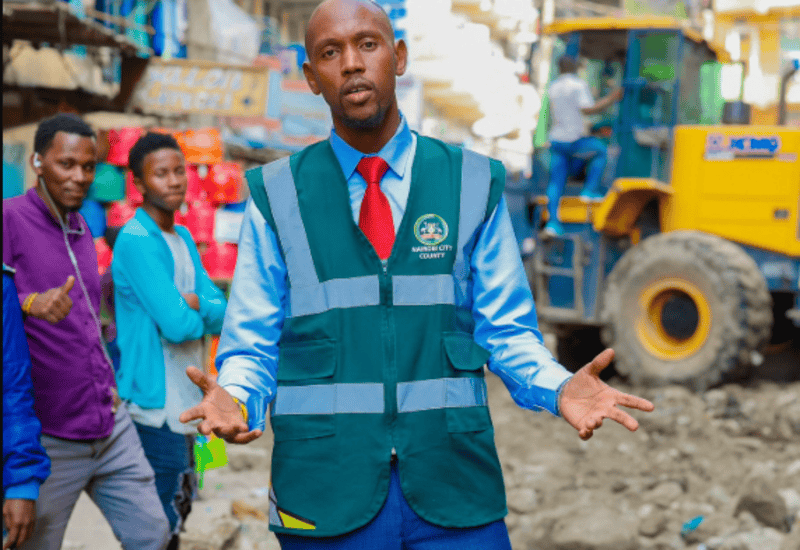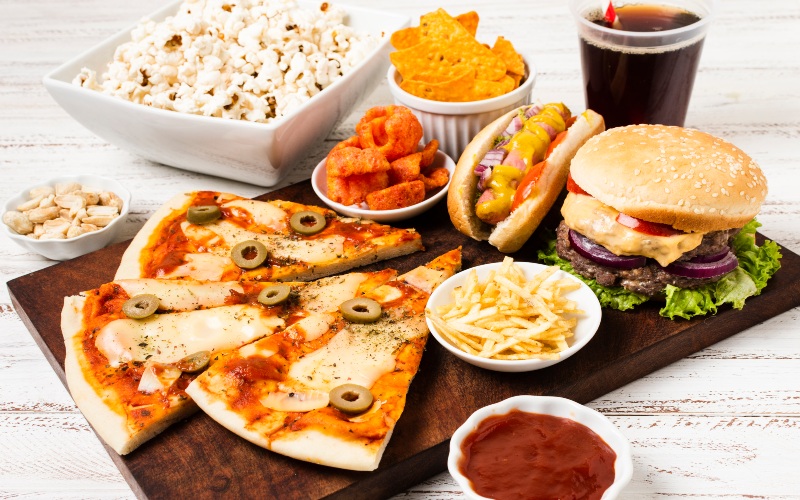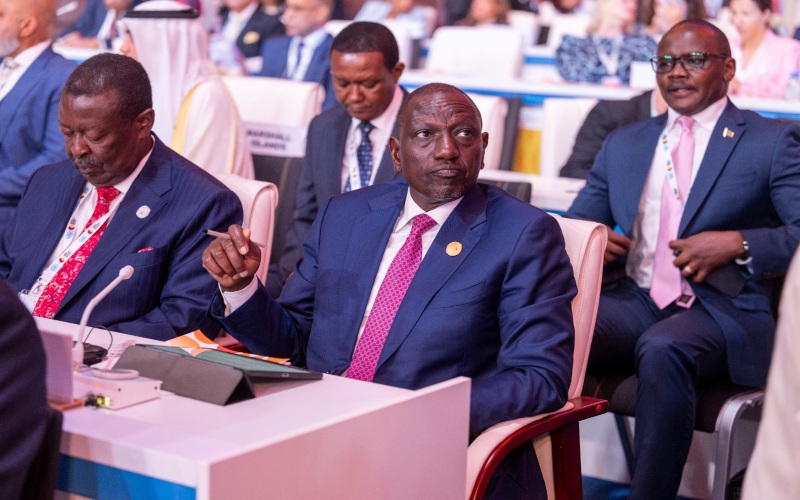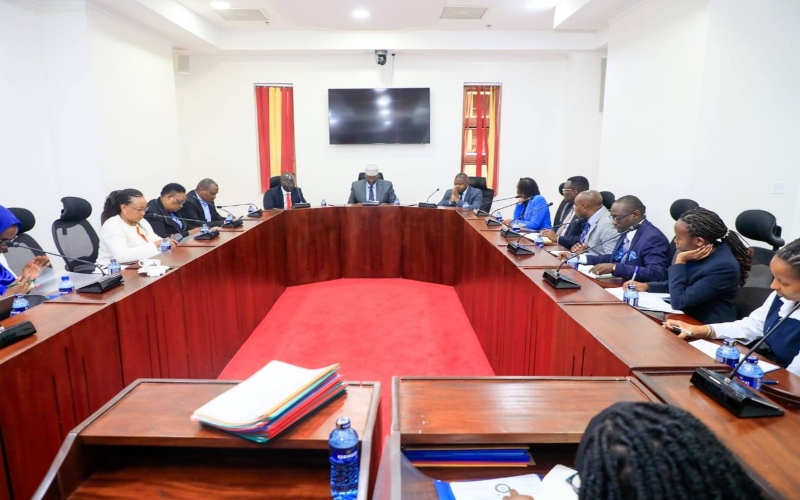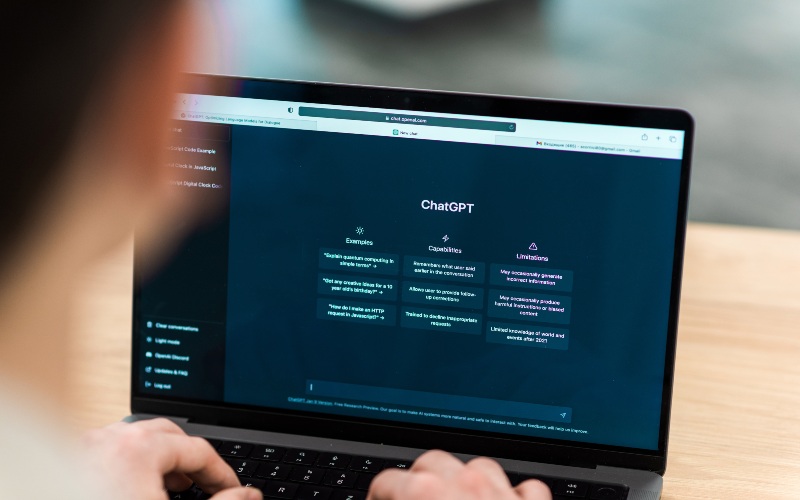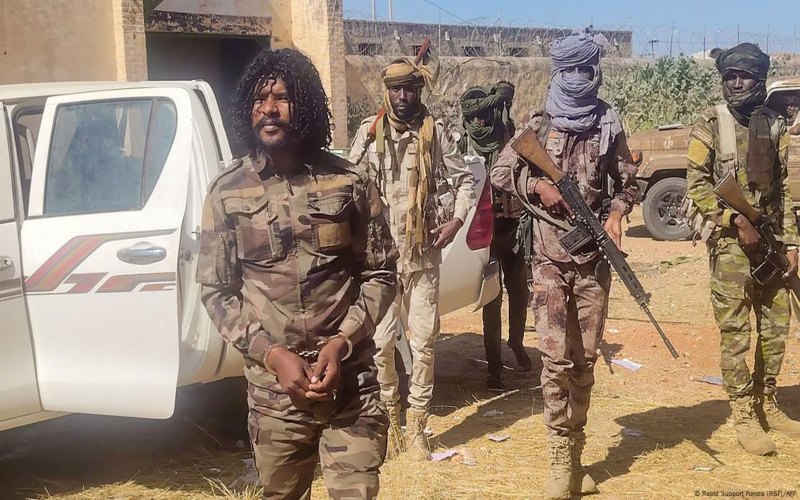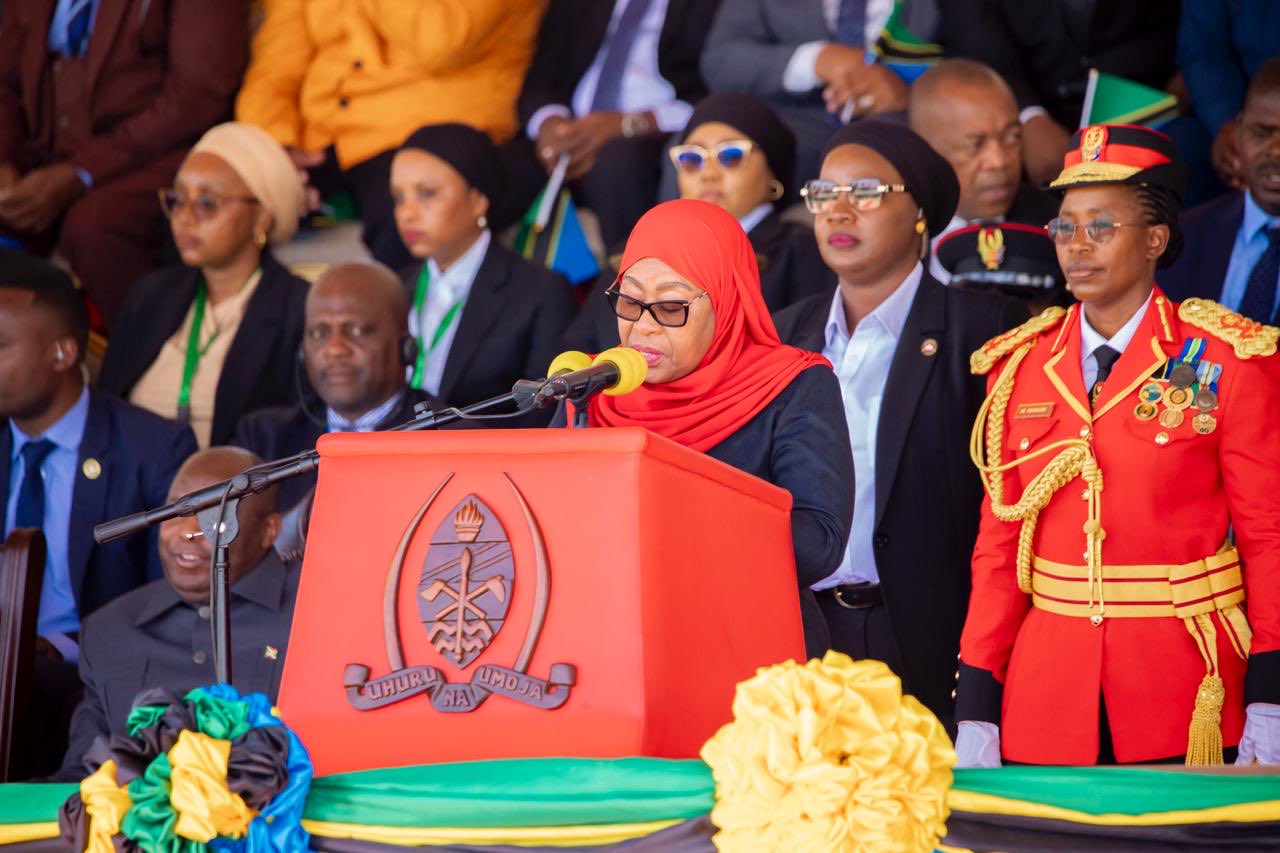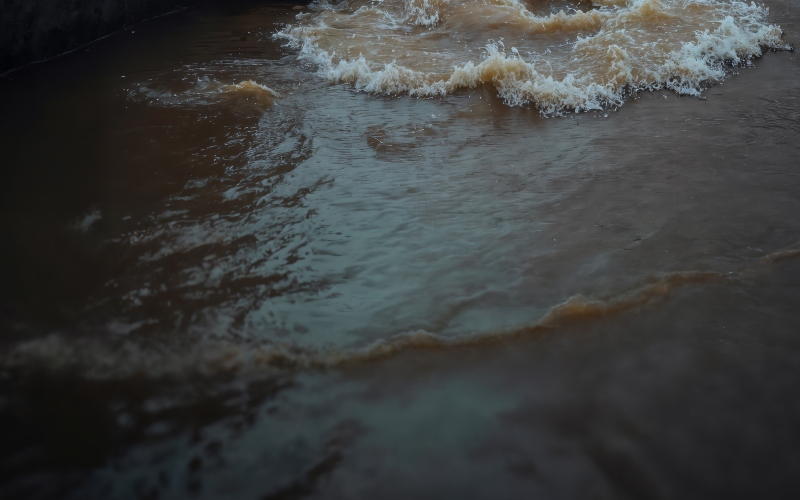Kenya named in UN report on conflict in eastern DR Congo
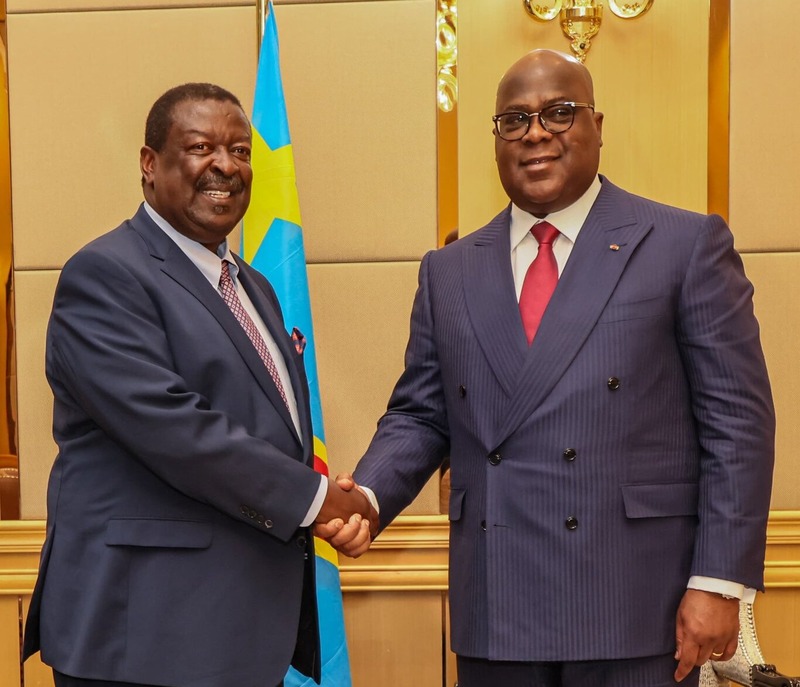
Unnamed prominent Kenyan figures are said to have supported the formation of a group sympathetic to the M23 rebels
A United Nations report has suggested that Kenya is among countries that may have either directly supported the M23 rebels, who are fighting the government of the Democratic Republic of Congo (DRC), or maintained affiliations with the group.
The other countries are Uganda and Rwanda, which have been accused of directly supporting the M23.
More To Read
- President Ruto urges global unity to fight poverty, inequality at Doha summit
- Kenya assumes chairmanship of African Group at UN, pledges unity and reform
- New discovery reveals chimpanzees in Uganda use flying insects to tend their wounds
- Millions face escalating hunger crisis in eastern DRC, UN agencies warn
- Child marriage is still common in the DRC: What’s driving it and how to encourage change
- Kenyans to replace lost IDs for free as Government gazettes six-month waiver on fees charged
The report, seen by The Eastleigh Voice, comes amid escalating clashes in eastern Congo, intensifying fears of a new all-out war.
In December 2023, the Alliance Fleuve Congo politico-military movement was launched at Nairobi’s Serena Hotel. “On 15 December 2023, several days before the general elections of 20 December 2023, Corneille Nangaa Yobeluo, former head of DRC’s Independent National Electoral Commission (CENI), launched a politico-military movement named Alliance Fleuve Congo (AFC) during a press conference in Nairobi, Kenya,” the report says.
Evidence later revealed that the movement, led by former Congolese electoral body chief Corneille Nangaa, engaged in negotiations with the M23 as part of a strategy to “legitimise” it.
This movement aimed to dethrone President Felix Tshisekedi’s government.
The report suggests that unnamed prominent Kenyan figures supported the establishment of AFC, contributing to heightened tensions between Nairobi and Kinshasa.
Bertrand Bisimwa, the political leader of M23, stood by Nangaa’s side at Serena Hotel during the launch, confirming the alliance between M23 and AFC, much to the ire of Kinshasa.
Initially, the AFC declaration, which was later removed from the web, had listed several armed groups and political entities as supporters of the movement. However, many of these quickly denied affiliation with or support for AFC.
“Since December 2023, AFC delegates have been touring South Kivu, North Kivu, and Ituri, as well as Kenya, Rwanda, Tanzania, and Uganda, to continue garnering support from armed groups, political actors, and community leaders,” the report says.
This is the first time Kenya has been implicated in a UN report for its direct or indirect involvement in the ongoing conflict in the mineral-rich eastern region.
The Congolese ambassador to Kenya, who was recalled last December shortly after the launch of the movement, recently returned to his post in Nairobi.
Kenyan President William Ruto has publicly aligned himself with Rwandan President Paul Kagame for the first time regarding the conflict in eastern Congo.
Kagame has consistently argued that the conflict stems from internal issues that President Tshisekedi’s administration has failed to address.
In a late May interview with Jeune Afrique, Ruto stated that during previous discussions with DRC officials, they agreed that the M23 rebels are Congolese and, therefore, a problem for Kinshasa. Ruto was sceptical about blaming Rwanda for the rebel activities.
“As heads of state, in a meeting, we asked, M23, the people in there, are they Rwandese or are they Congolese? And the DRC said these are Congolese. End of question. So, if these are Congolese, how does it become a Rwanda problem? How does it become a Kagame problem?” Ruto asked.
The M23 rebels were designated a terrorist group by the United Nations as well as the DRC.
Ruto said the suggestions put forth by the M23 resonated with all regional leaders, prompting them to urge the government in the DRC to initiate a dialogue with its citizens to address the issue at hand. He did not elaborate on when this happened.
“We in the EAC believe that the challenge in eastern DRC cannot be resolved solely through military force if those involved are open to dialogue,” Ruto said.
DRC authorities received these remarks unfavourably, especially since Ruto made them while in Kigali, a capital viewed as hostile by Kinshasa.
Following these remarks, a series of events unfolded and escalated tensions.
Kenya’s top diplomat, Musalia Mudavadi, met with Tshisekedi in Kinshasa on May 10. The meeting sought to alleviate strained relations between the two countries, which had intensified recently.
Issues contributing to the tension included Kinshasa’s arrest of two Kenya Airways workers and Kenya’s perceived inaction when M23 rebel leader Bertrand Bisimwa launched a political-military outfit on Kenyan soil aimed at overthrowing the Kinshasa government.
The Eastleigh Voice has learned that Kenya’s National Intelligence Service, at the urging of the country’s diplomats in DRC, advised Ruto to moderate his comments on matters concerning the conflict in eastern Congo.
According to diplomatic and intelligence sources, a Kenyan of Somali descent has been imprisoned in Goma, the capital of the mineral-rich eastern region of the DRC, for more than 20 years for illegal presence in the country. Another Kenyan athlete was reportedly detained by military authorities in Kinshasa but was later released.
New data shows the DRC has overtaken Uganda to become Kenya’s fastest-growing export market within the East African Community, despite frosty relations between Nairobi and Kinshasa.
Top Stories Today

